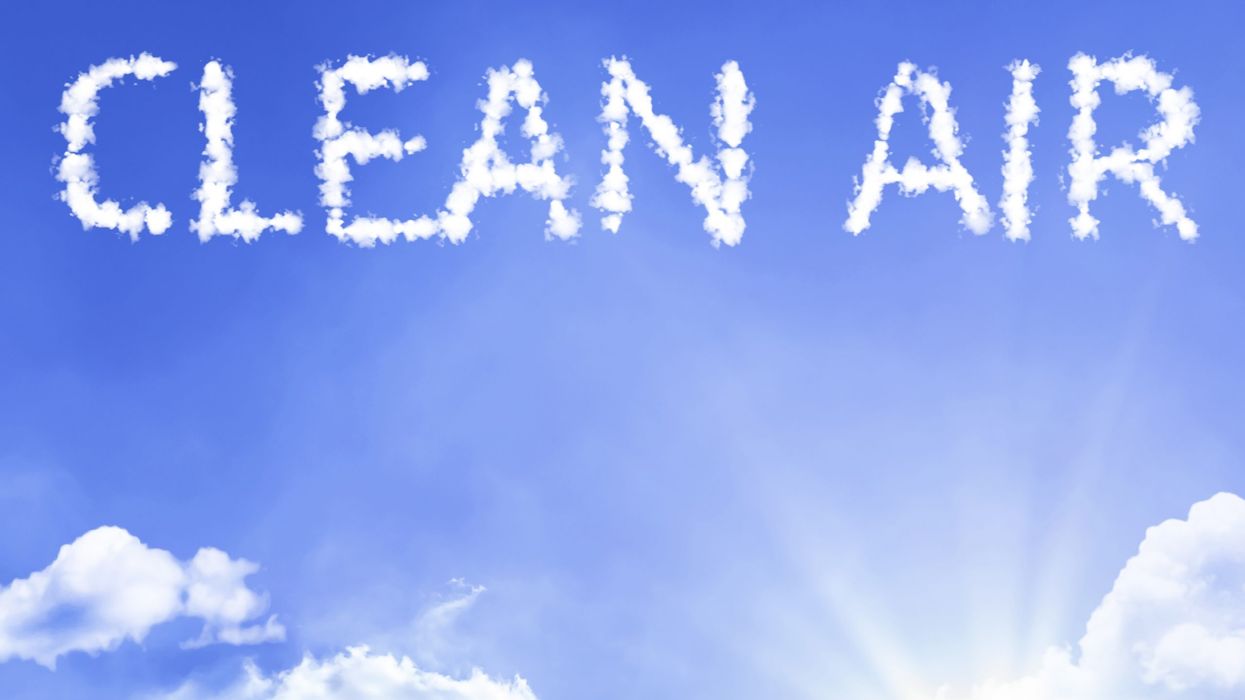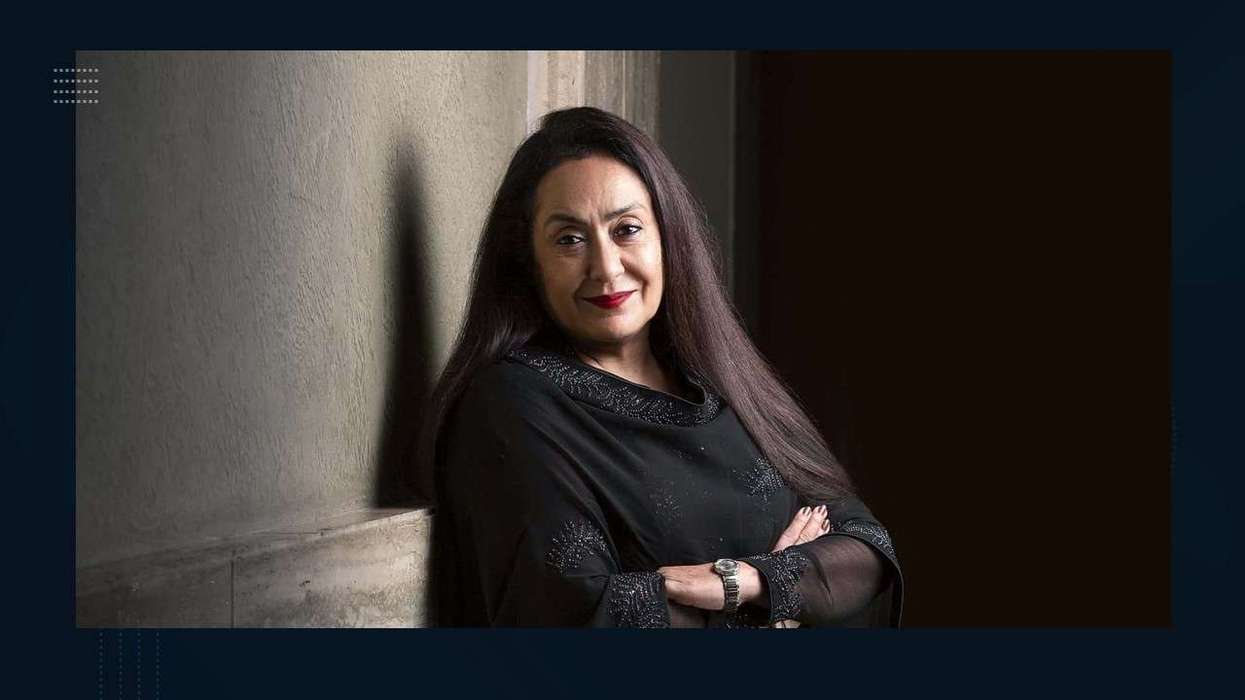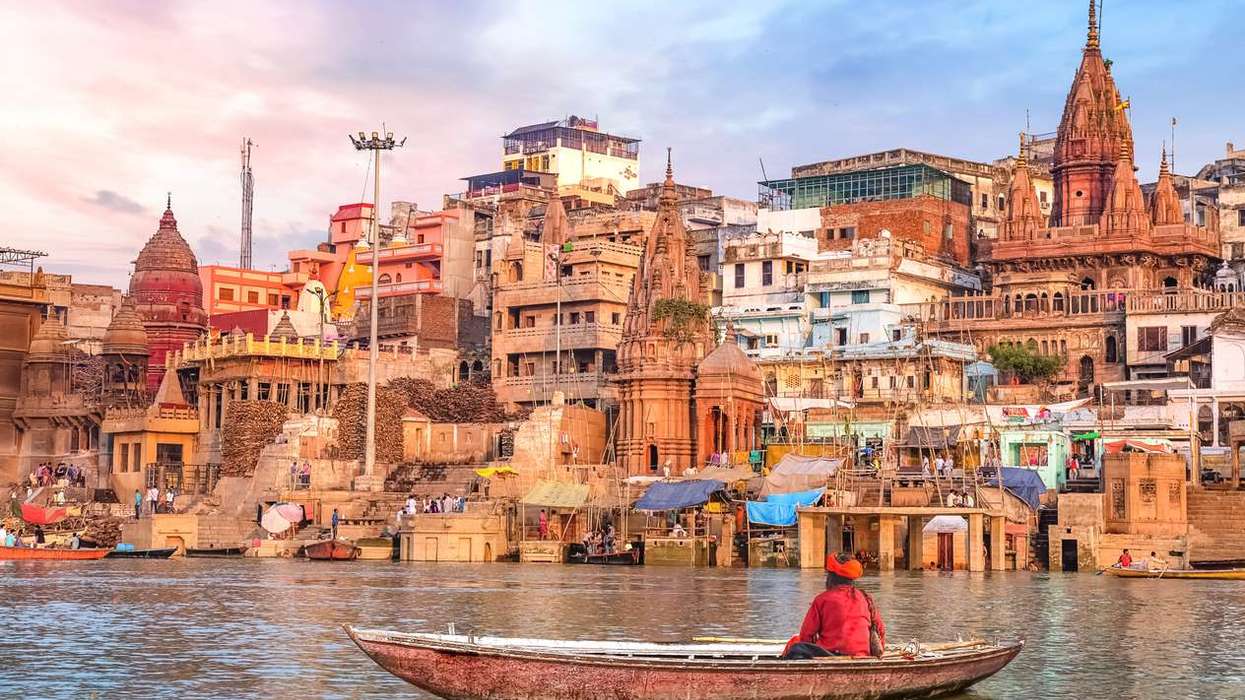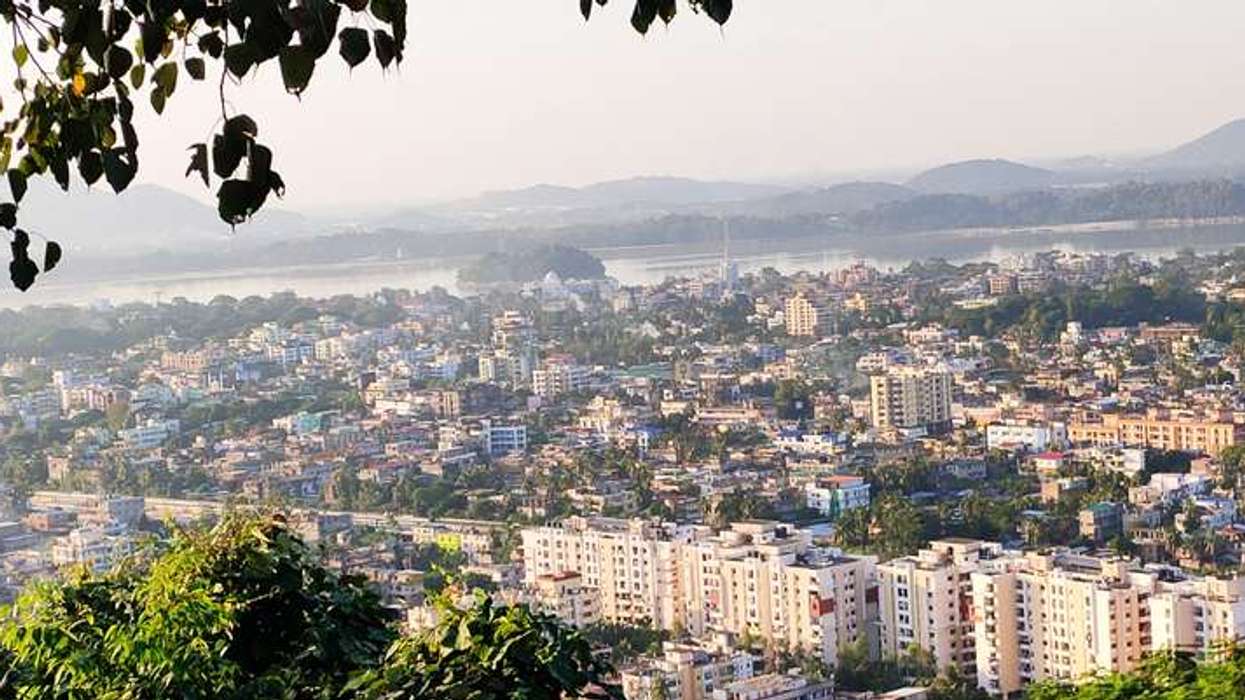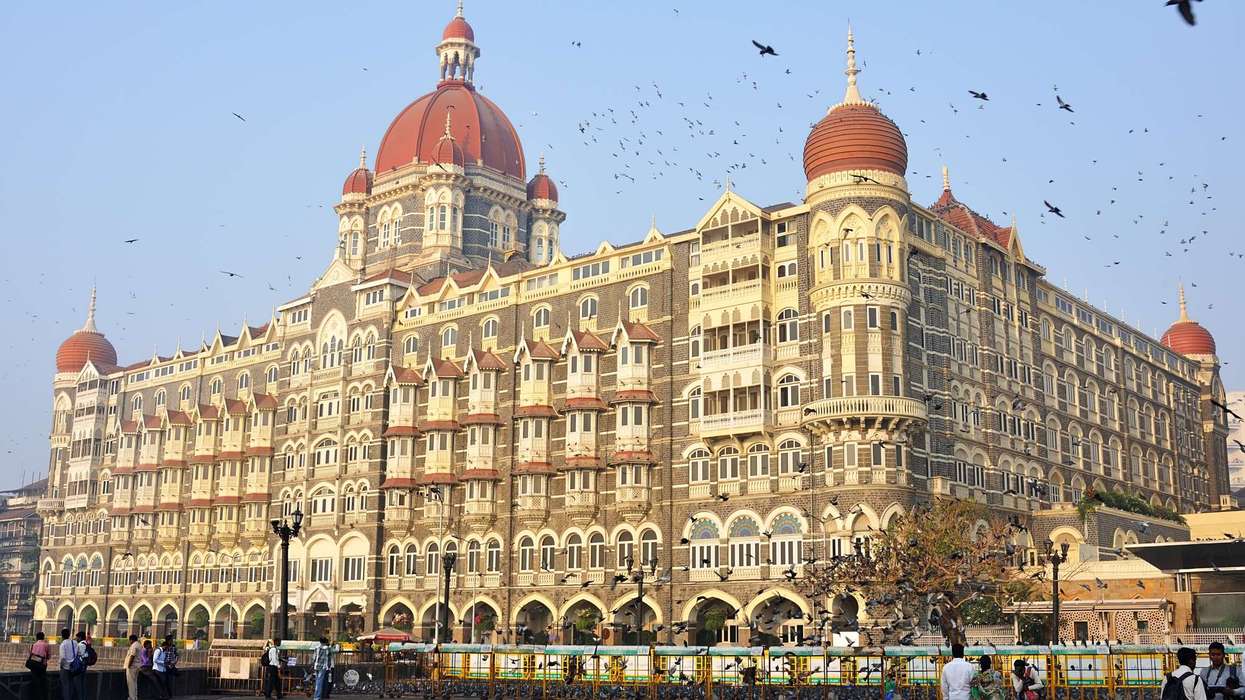U.S. TECH ENTREPRENEUR Bryan Johnson and former Google engineer Debarghya Das say the fact that some Indian hotels are offering clean air as a service reflects the severity of air pollution in New Delhi and neighboring states Uttar Pradesh, Haryana and Punjab. The crisis has also spread to other metropolitan cities, including Mumbai and Kolkata.
In mid-November, monitors recorded a "severe plus" air quality index of 493—more than 30 times the World Health Organization's limit—indicating dangerously high PM2.5 levels, the highest this year. According to WHO guidelines, 24-hour average PM2.5 concentrations should not exceed 15 micrograms per cubic meter more than three or four days annually.
During his six-day visit to India to promote his book “Don't Die,” Johnson shared on X a poster from the Oberoi Hotel in Bengaluru, showcasing guest room air quality at 2.4, achieved with smart air filters in every room.
"Hotel selling clean air as a service," he commented.
Indian-origin tech influencer Das noted that this trend is spreading across India.
He shared a similar promotion from the Taj Hotel in New Delhi, advertising an AQI of 58 in guest rooms compared to 397 outside.
Delhi’s toxic smog season, a recurring winter phenomenon, keeps the capital region of 33 million among the world's most polluted areas. Air pollution levels have been hazardous daily since Nov. 12, according to monitoring start-up IQAir.
Das shared his personal experience on X, noting that his symptoms—watery eyes, frequent nose-blowing, and increased coughing—worsen in India but disappear in the U.S.
"My parents always called these allergies, but they vanish when they visit me in the U.S.," he said.
Johnson echoed similar concerns, likening breathing India's air to smoking several cigarettes daily. He expressed surprise at how normalized pollution has become, citing the lack of widespread mask use or indoor air purifiers.
In India, AQI is rated as poor above 200, very poor above 300 and severe or hazardous above 400, with the recommended limit between 0 and 100. Several cities, including Gurugram, Patna, Jaipur, Lucknow, Hyderabad, Ghaziabad, Kolkata, Mumbai and Bengaluru, recorded AQI levels ranging from poor to hazardous, according to IQAir.
IQAir’s World Air Quality Report 2021 found that no Indian city met the updated WHO safety standard of 5 micrograms of PM2.5 per cubic meter. Nearly half of India’s states exceeded this limit by more than 10 times.
Das also stressed the need for stronger policies over technology, citing China's success. He suggested shutting down polluting factories, enforcing stricter zoning and car emission laws, taxing vehicle usage, promoting EVs with better infrastructure and investing in renewables.
Meanwhile, Indian hotels are experiencing a surge in bookings, with many fully booked or sold out as the wedding season intensifies. Indian couples are embracing new wedding venues and planning large, personalized celebrations, according to a Wyndham Hotels & Resorts survey of 1,000 recently engaged or married individuals.
In March, the World Travel & Tourism Council's Hotel Sustainability Basics initiative surpassed 1,700 verified hotels across 70 countries, supporting sustainable practices. Participating hotel groups include those from France, China, Mexico, India, Germany, South Africa, the Philippines and Norway.
Hotel chains such as Hilton and Marriott have also introduced programs to reduce environmental impact through water and energy conservation. However, meaningful sustainability requires collaboration with franchise owners and operators.
